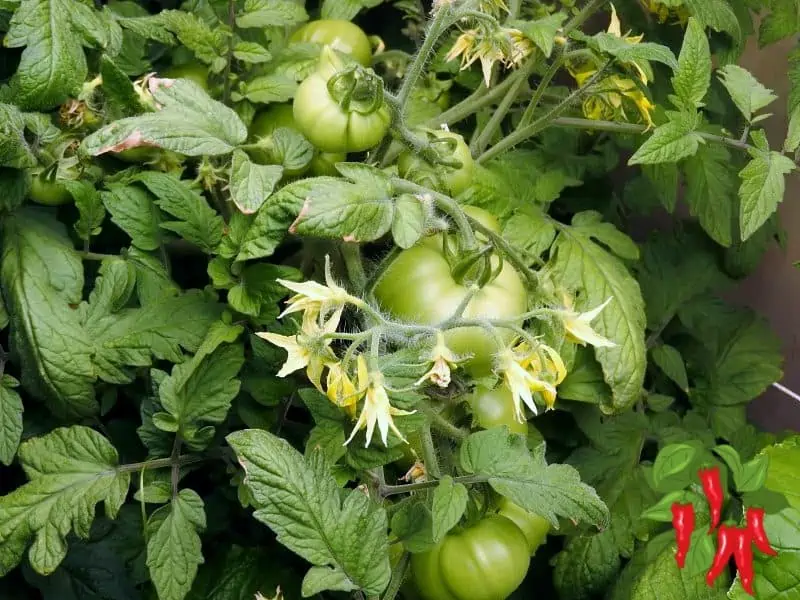This post may contain affiliate links. If you buy something from one of our links we may earn a commission. Thanks
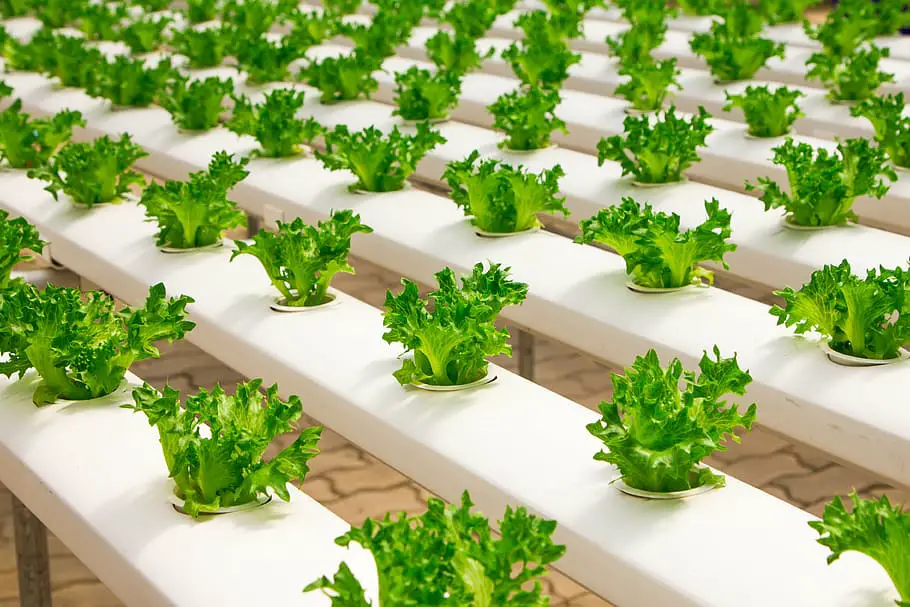
Explore urban gardening advantages in our latest post. Uncover the benefits, and challenges, and get answers to common questions about city farming!
Ever wondered about the urban gardening advantages that could transform your concrete jungle into a green haven? Well, you’re in the right place!
In this blog post, we’re going to delve into the world of urban gardening, revealing its numerous benefits, from food security to environmental conservation.
So, whether you’re a seasoned city farmer or just starting to get your hands dirty, stick around as we explore this exciting and sustainable trend together.
Urban Gardening Advantages
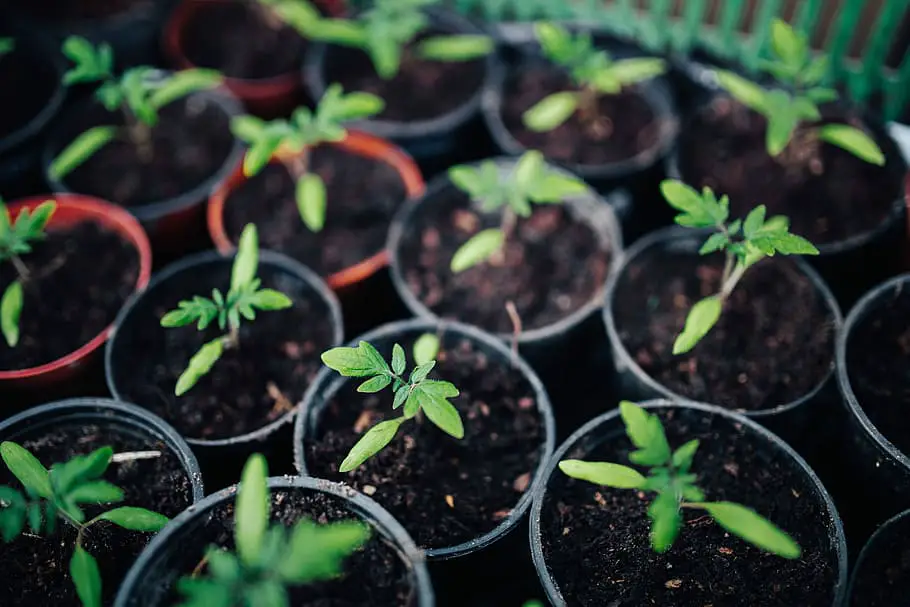
Welcome to our deep dive into the world of urban gardening advantages! If you’ve ever thought about turning that unused city space into a lush, green garden, then this blog post is for you.
We’ll be exploring everything from the incredible benefits of urban gardening, like boosting food security and promoting environmental conservation, to the challenges you might face along the way.
Plus, we’ll tackle some frequently asked questions to quench your curiosity. So, whether you’re a green thumb or a gardening newbie, join us as we uncover the magic of urban gardening and its potential to transform city living.
Definition of Urban Gardening
Let’s kick things off by defining what we mean by ‘urban gardening’. Urban gardening, sometimes also referred to as urban agriculture or city farming, is the practice of cultivating, processing, and distributing food in or around urban areas.
It’s all about making the most of the space you have, whether that’s a balcony, a rooftop, a small backyard, or even a windowsill.
It’s a fantastic way to grow your own food, add some greenery to your environment, and connect with nature, even in the heart of the city.
Brief Overview of the Article
Now that we’ve got our definitions straight, let’s talk about what we’re going to cover in this article.
We’ll be diving deep into the advantages of urban gardening, from the tangible benefits like food security and resource efficiency to the more intangible ones like therapeutic benefits and community awareness.
But we won’t shy away from the challenges either. We’ll discuss issues like land access, legal frameworks, and resource management.
Plus, we’ve got a handy FAQ section where we’ll answer some of the most common questions about urban gardening.
So, whether you’re an experienced gardener looking to adapt your skills to the urban environment, or a complete beginner curious about where to start, we’ve got you covered. Let’s dig in!
The Advantages of Urban Gardening
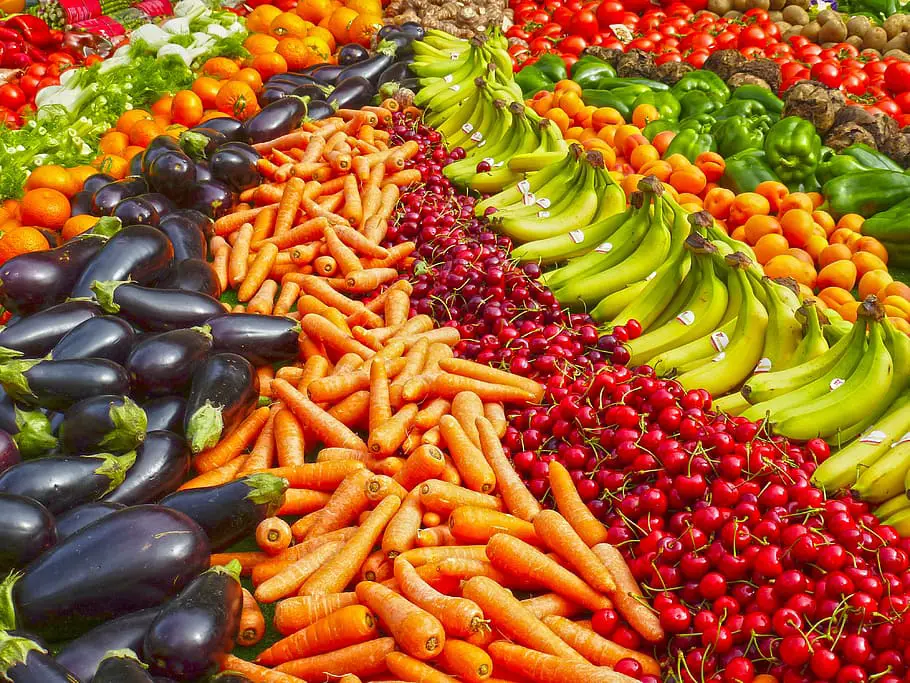
Ready to explore the world of urban gardening? Fantastic! In this section, we’re going to delve into the many advantages that urban gardening brings to the table.
From boosting food security to promoting efficient use of resources, urban gardening is more than just a hobby, it’s a lifestyle choice with far-reaching benefits.
We’ll also touch on how urban gardening can help build climate resilience, raise awareness about sustainability, and even provide employment opportunities.
Plus, we’ll discuss the therapeutic benefits of getting your hands dirty and the role of urban gardening in environmental conservation.
So, let’s get started and uncover the many ways urban gardening can enrich our lives and our cities.
Food Security and Provision of Ecosystem Services
First up, let’s talk about food security. Urban gardening can play a significant role in enhancing food security in cities.
By growing your own food, you’re not just ensuring a fresh, healthy supply for yourself and your family, but you could also be contributing to your community’s food supply.
Plus, urban gardens provide essential ecosystem services. They help pollinate plants, improve air and soil quality, and even reduce the urban heat island effect.
Efficient Use of Resources
Next, urban gardening is all about making the most of what you’ve got. It’s about turning that small balcony or rooftop into a productive space.
It’s about using compost to recycle kitchen waste into nutrient-rich soil. It’s about collecting rainwater for irrigation. In short, it’s about using resources efficiently and sustainably.
Climate Resilience
Urban gardening also helps build climate resilience. By increasing green spaces in cities, we can help mitigate the effects of climate change.
Urban gardens absorb carbon dioxide, help manage stormwater, and reduce the urban heat island effect.
They’re small but mighty tools in the fight against climate change.
Creating Awareness
Urban gardens are also fantastic for raising awareness about sustainability and the importance of local food production.
They’re visible, tangible examples of how we can live more sustainably, and they can inspire others to do the same.
Employment Opportunities
Did you know that urban gardening can also create jobs? From garden design and maintenance to selling produce at local markets, there are plenty of opportunities for employment in the urban gardening sector.
It’s a growing field (pun intended) with lots of potential.
Therapeutic Benefits
There’s something incredibly therapeutic about gardening. The act of planting, nurturing, and harvesting your own food can be a great stress reliever.
Plus, it’s a fantastic way to get outside, get some exercise, and connect with nature, even in the heart of the city.
Environmental Conservation
Urban gardening plays a crucial role in environmental conservation. By growing food locally, we can reduce the need for long-distance transportation and the associated carbon emissions.
Plus, urban gardens provide habitats for a variety of wildlife, helping to increase biodiversity in cities.
Reduction of Food Miles
Finally, one of the great advantages of urban gardening is the reduction of food miles.
When you grow your own food, it doesn’t have to travel hundreds or even thousands of miles to reach your plate.
This not only reduces carbon emissions but also means you’re eating the freshest, tastiest produce possible. Now, that’s a win-win!
Challenges of Urban Gardening
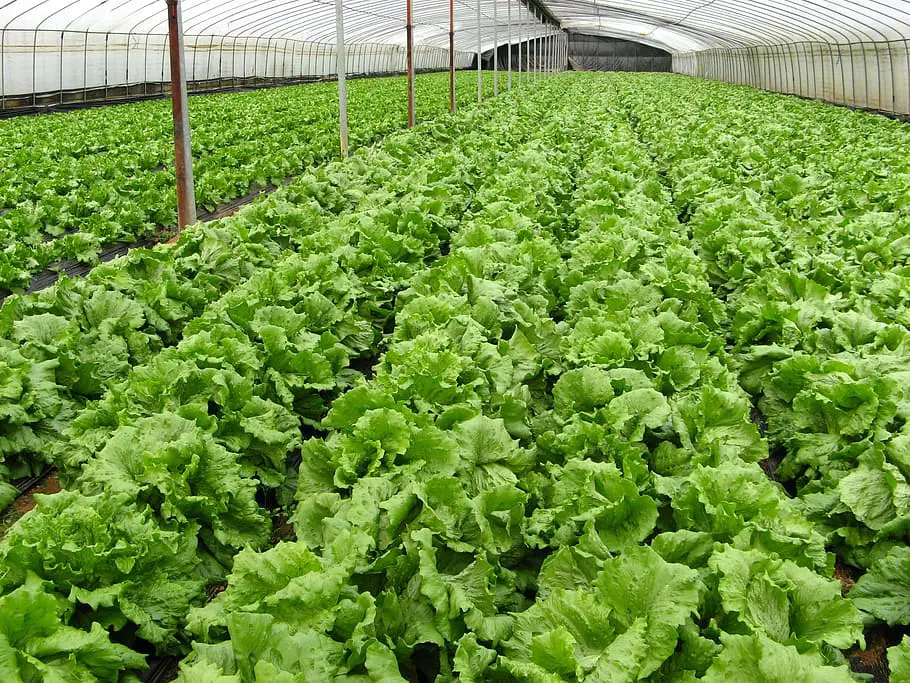
While urban gardening has its fair share of benefits, it’s not without its challenges.
In this section, we’re going to take a realistic look at some of the hurdles you might face when starting your urban gardening journey.
From securing land access to navigating legal frameworks, and managing resources efficiently, urban gardening can sometimes feel like a bit of a balancing act.
But don’t worry, we’re here to guide you through these challenges and provide some practical solutions.
So, let’s roll up our sleeves and tackle these obstacles head-on because every rewarding journey has its bumps along the way!
Land Access
One of the first challenges you might encounter in urban gardening is land access. In densely populated cities, finding a suitable space for a garden can be a tough nut to crack.
Maybe you’re in an apartment with no balcony, or perhaps the only available land is privately owned or earmarked for development.
But don’t let this deter you! There are creative solutions out there, from container gardening on windowsills to joining a community garden or even negotiating with landowners to use their unused spaces.
Small Space or Low Light? No Problem
If you are short on indoor space or light I recommend giving the Aerogarden a try. It can fit just about anywhere, has a built-in light, and is almost foolproof to use.
You can start your urban garden in no time and be harvesting your own salad greens or herbs in a month. Tomatoes and peppers are also possible but will take about 2 months.
Legal Framework
Next up, let’s talk about the legal framework. Depending on where you live, there may be laws and regulations that affect what you can do with your urban garden.
These could relate to things like what you’re allowed to grow, whether you can keep animals, how you can sell your produce, and even how you can use water.
It’s important to do your homework and understand the legal landscape before you start planting.
Water Use and Resource Mismanagement
Finally, water use and resource mismanagement can be significant challenges in urban gardening.
Water is a precious resource, and it’s important to use it wisely. This means implementing efficient irrigation systems, collecting rainwater where possible, and choosing plants that are suitable for your local climate.
On top of this, managing your soil health and avoiding the overuse of fertilizers and pesticides is crucial to ensure your garden is sustainable and doesn’t contribute to environmental problems.
Remember, urban gardening is all about working with nature, not against it!
Urban Gardening Advantages FAQs
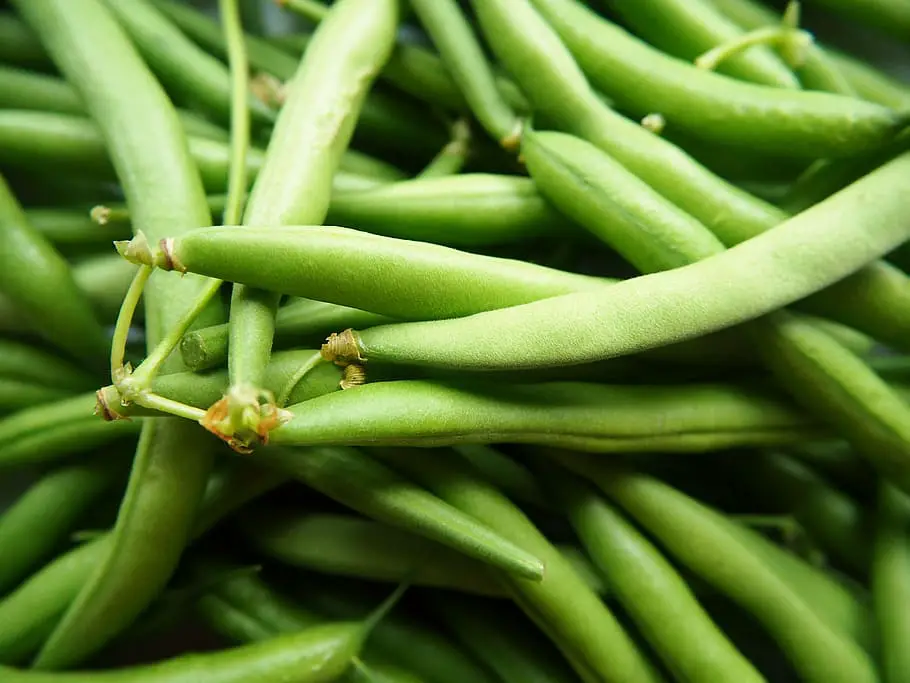
Now, let’s move on to a section we’re particularly excited about, the FAQs! We know that diving into the world of urban gardening can bring up a lot of questions.
Is urban gardening worth it? How can I start my own urban farm? What are the benefits of community farming? And of course, what are the advantages and disadvantages of urban farming?
In this section, we’ll tackle these questions head-on, providing clear, concise answers to help you navigate your urban gardening journey. So, let’s get those burning questions answered!
Q: What are the advantages and disadvantages of urban farming?
A: Urban farming has many advantages. It promotes food security, provides ecosystem services, uses resources efficiently, and helps build climate resilience.
It also raises awareness about sustainability, creates employment opportunities, offers therapeutic benefits, aids in environmental conservation, and reduces food miles.
However, it does come with challenges. These include issues with land access, navigating legal frameworks, and managing resources like water efficiently.
Q: Is Urban Gardening worth it?
A: Absolutely! Urban gardening is a rewarding activity that offers numerous benefits.
It allows you to grow your own fresh, healthy food, contributes to environmental conservation, and can even provide a sense of community.
While there are challenges, with a bit of planning and creativity, these can be overcome. Plus, the satisfaction of harvesting your own produce is hard to beat!
Q: What are the benefits of community farming?
A: Community farming has many benefits. It not only provides fresh, locally grown food but also creates a sense of community among participants.
It’s a great way to learn new skills, share knowledge, and work together towards a common goal.
Plus, community farms often have programs that support local food security efforts, making them a valuable asset to any neighborhood.
Q: How can I start a small urban farm?
A: Starting a small urban farm begins with planning. First, identify a suitable space – this could be a backyard, a rooftop, or even a balcony.
Next, decide what you want to grow based on your local climate and personal preferences. Then, prepare your space by setting up planters or raised beds and sourcing quality soil.
Remember to check any local regulations that might affect your urban farm. Finally, plant your seeds or seedlings, and with a bit of care and patience, you’ll be harvesting your own produce in no time!
Urban Gardening Advantages Conclusion
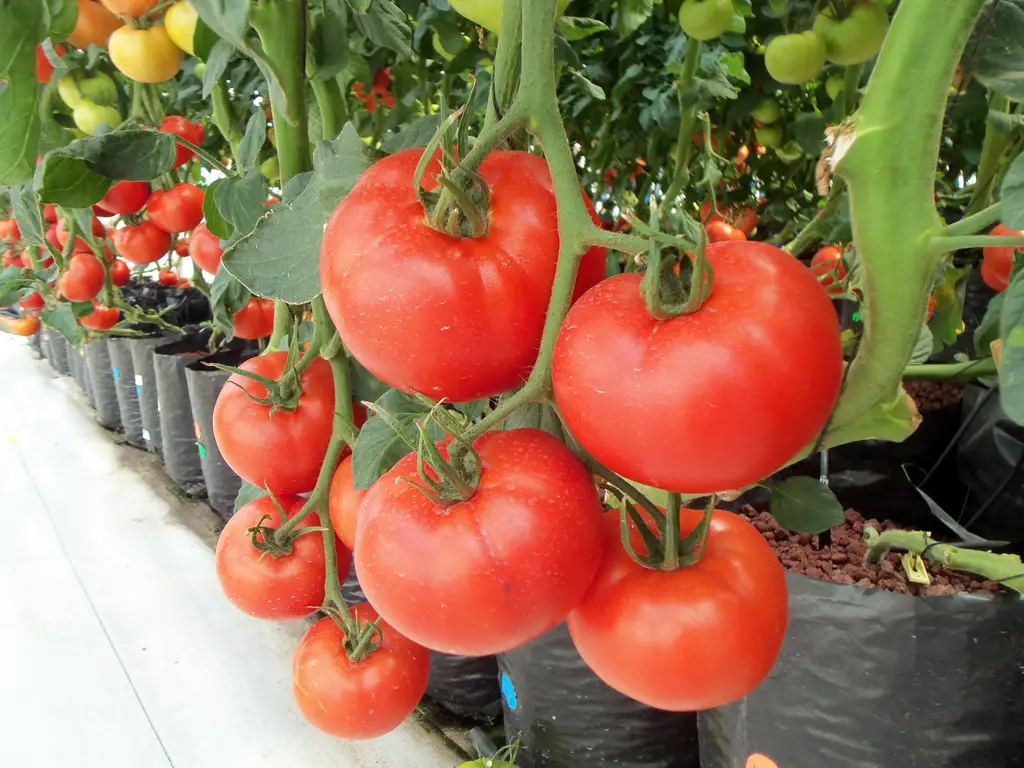
As we reach the end of our urban gardening journey, it’s time to reflect on what we’ve learned and look forward to the green adventures that await us.
In this conclusion section, we’ll recap the many advantages and challenges of urban gardening, reminding ourselves of the transformative power of a few plants in the heart of the city.
We’ll also share some final thoughts on the importance of urban gardening in our modern world.
So, whether you’re already an urban gardening enthusiast or just starting to explore this exciting realm, let’s wrap up our discussion and get ready to turn our urban gardening dreams into reality.
Recap of the Advantages and Challenges
Let’s take a moment to reflect on our journey through the world of urban gardening.
We’ve explored the many advantages it offers, from enhancing food security and providing ecosystem services to promoting efficient use of resources and building climate resilience.
We’ve also discussed how urban gardening can raise awareness about sustainability, create employment opportunities, offer therapeutic benefits, aid in environmental conservation, and reduce food miles.
But we’ve also acknowledged the challenges, including issues with land access, navigating legal frameworks, and managing resources like water efficiently.
These challenges remind us that while urban gardening is a rewarding endeavor, it also requires careful planning and consideration.
Final Thoughts on the Importance of Urban Gardening
As we conclude, it’s clear that urban gardening is more than just a hobby or a trend.
It’s a powerful tool for improving our cities, our communities, and our lives. It allows us to reconnect with nature, take control of our food supply, and contribute to a more sustainable future.
Whether you’re growing a few herbs on your windowsill or cultivating a rooftop garden, every plant counts.
So, here’s to the urban gardeners out there. You’re making a difference, one plant at a time!



